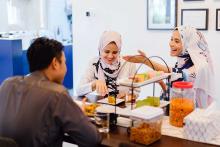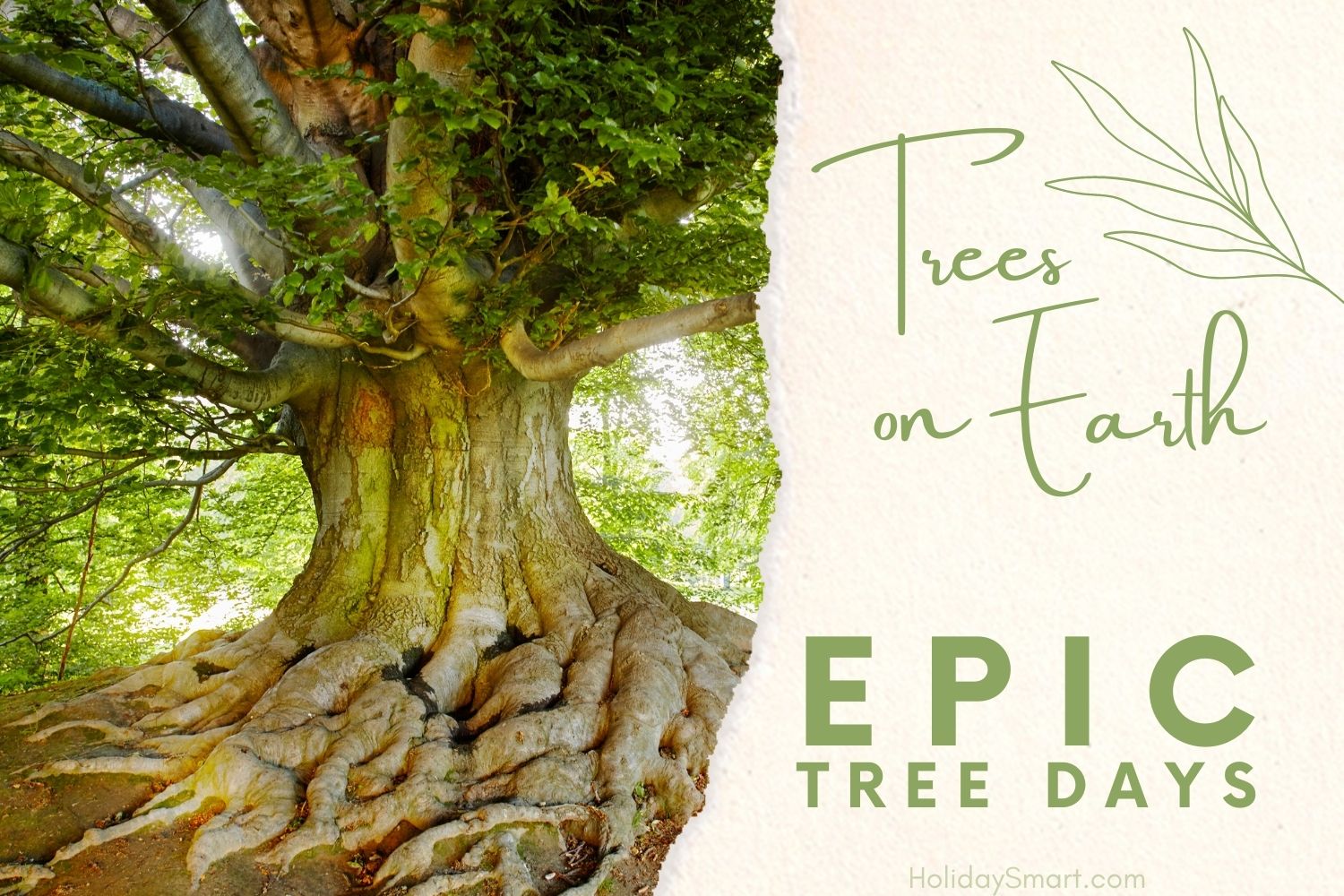Eid al-Adha
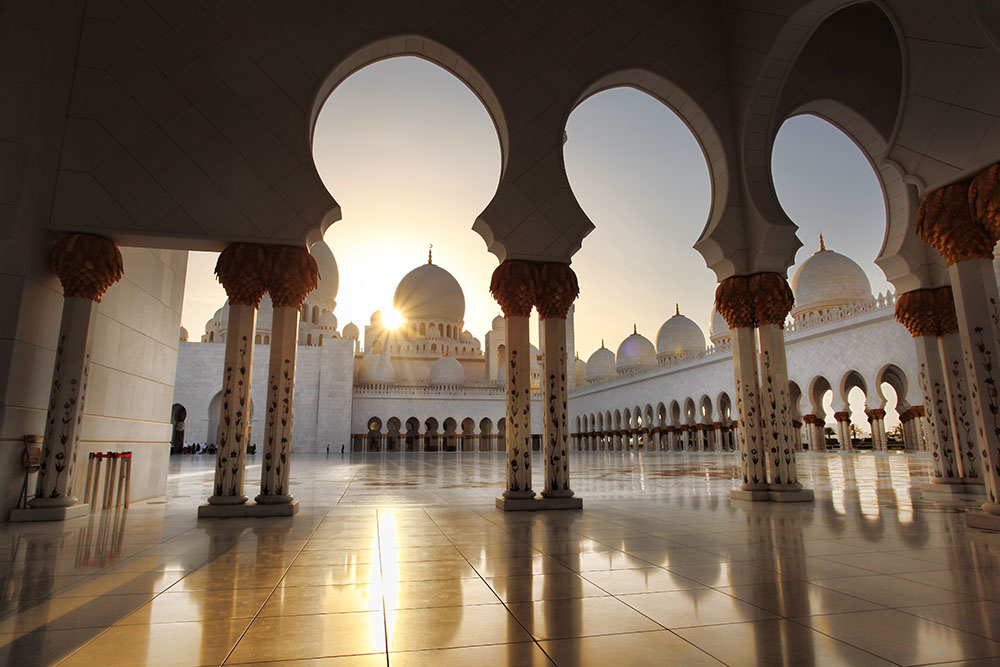
Eid-ul-Adha is one of the two Eid celebrated by Muslims. Muslim celebrates Eid-ul-Adha, in the last month of Islamic Calendar, the next day after the celebration of Hajj, on 10th of Zil hajj. It is celebrated by the Muslims across the world to honor the Prophet Ibrahim’s devotion to Allah and his sacrifice. Allah asked Prophet Ibrahim to sacrifice his son Ismail in a dream, and despite Satan’s attempt to convince Prophet Ibrahim to disobey Allah’s command, Prophet Ibrahim was about to sacrifice his son, when Allah replace Ismail with a sheep and reveal it to him that it was a test to which he has passed.
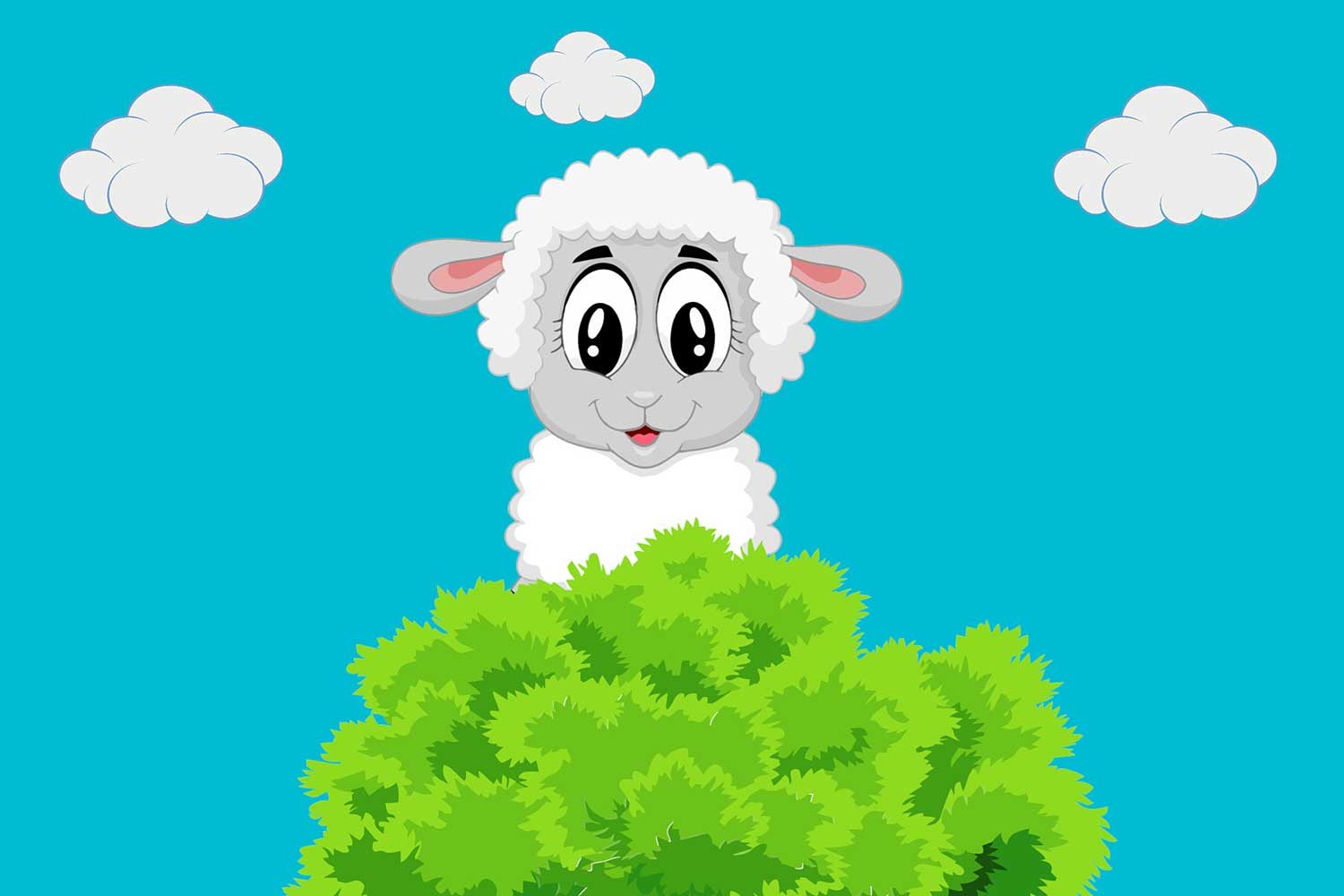 Each year, Muslims, who are financially-able, purchase cow, bulls, sheep, goat, or camel days or weeks ago and sacrifice it on this day. It is a joyous day for Muslims, which started with the Eid prayers in mosques, a prayer which are only offered on Eid. After Eid prayers, Muslims greet each other by saying Eid Mubarruk. Later, Muslims can sacrifice an animal. In places where this is not possible, they often buy large quantities of meat to be shared amongst many people.
Each year, Muslims, who are financially-able, purchase cow, bulls, sheep, goat, or camel days or weeks ago and sacrifice it on this day. It is a joyous day for Muslims, which started with the Eid prayers in mosques, a prayer which are only offered on Eid. After Eid prayers, Muslims greet each other by saying Eid Mubarruk. Later, Muslims can sacrifice an animal. In places where this is not possible, they often buy large quantities of meat to be shared amongst many people.
Eid-ul-Adha is celebrated for three days, which means Muslim can sacrifice animal on any of the three days. The meat is divided in to three equal parts: one part for oneself, second is for relatives and friend, and last part is for poor and needy. Wealthier families will often donate money to those less fortunate within their community so that they too can enjoy a meat-based feast on Eid al-Adha.
On Eid-ul-Adha, Muslims wear new clothes, greet their family and friends, organize feast, and prepare desserts. Younger ones receive gifts or Eidi (gift in form of money).
Preparation for Eid starts a few weeks before the day. Girls buy dresses, jewelry and matching accessory to go along with their dress, and they also decorate their hands with beautiful henna designs, on night before Eid.
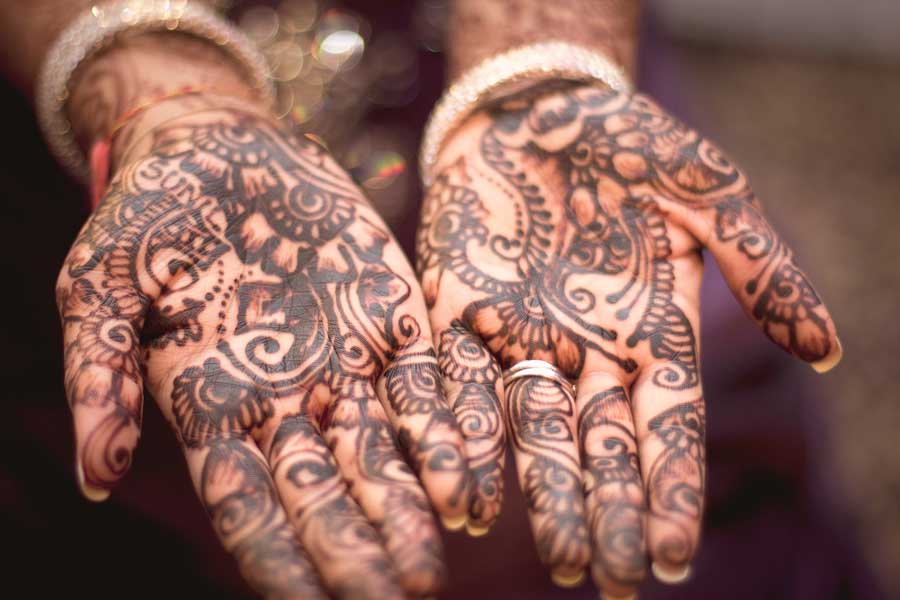
This day also coincides with many Muslims’ pilgrimage to Mecca, or Hajj, which all Muslims are required to make at least once in their lives.

